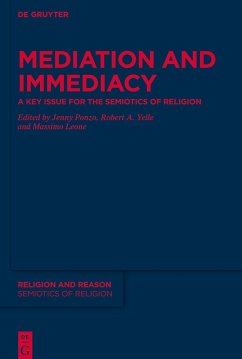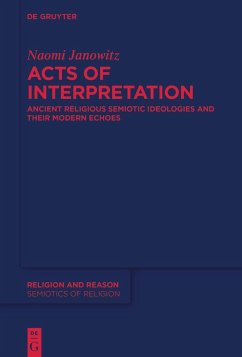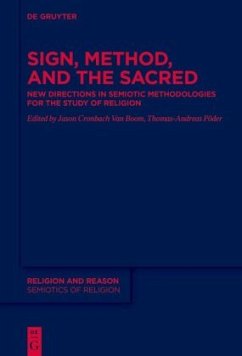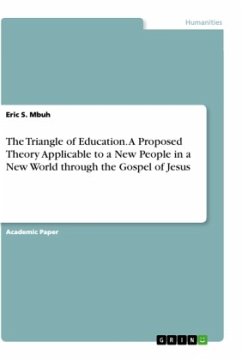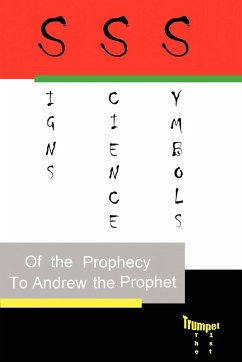Nicht lieferbar
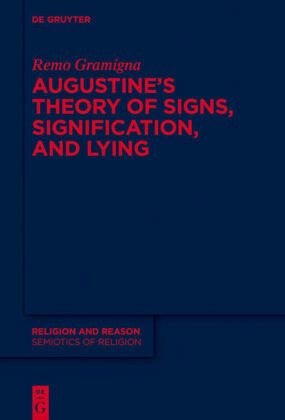
Augustine's Theory of Signs, Signification, and Lying
The aim of this study is to present, as far as possible, a general description of the theory of the sign and signification in Augustine of Hippo (354-430 AD), with a view to its evaluation and implications for the study of semiotics. Accurate studies for subject, discipline, and significance have not yet given an organic and systematic vision of Augustine's theory of the sign. The underlying aspiration is that such an endeavour will prove to be beneficial to the scholars of Augustine's thought as well as to those with a keen interest in the history of semiotics.The study uses Augustine's own a...
The aim of this study is to present, as far as possible, a general description of the theory of the sign and signification in Augustine of Hippo (354-430 AD), with a view to its evaluation and implications for the study of semiotics. Accurate studies for subject, discipline, and significance have not yet given an organic and systematic vision of Augustine's theory of the sign. The underlying aspiration is that such an endeavour will prove to be beneficial to the scholars of Augustine's thought as well as to those with a keen interest in the history of semiotics.
The study uses Augustine's own accounts to investigate and interpret the philosophical problem of the sign. The focus lies on the first decade of Augustine's literary production. The De dialectica, is taken as the terminus ad quo of the study, and the De doctrina christiana is the terminus ad quem. The selected texts show an explicit engagement with poignant discussion on the nature and structure of the sign,the variety of signs and their uses. Although Augustine's intention never was to establish a theory of meaning as an independent field of study, he largely employed a theory of signs. Thus, Augustine's approach to signs is intrinsically meaningful.
The study uses Augustine's own accounts to investigate and interpret the philosophical problem of the sign. The focus lies on the first decade of Augustine's literary production. The De dialectica, is taken as the terminus ad quo of the study, and the De doctrina christiana is the terminus ad quem. The selected texts show an explicit engagement with poignant discussion on the nature and structure of the sign,the variety of signs and their uses. Although Augustine's intention never was to establish a theory of meaning as an independent field of study, he largely employed a theory of signs. Thus, Augustine's approach to signs is intrinsically meaningful.





